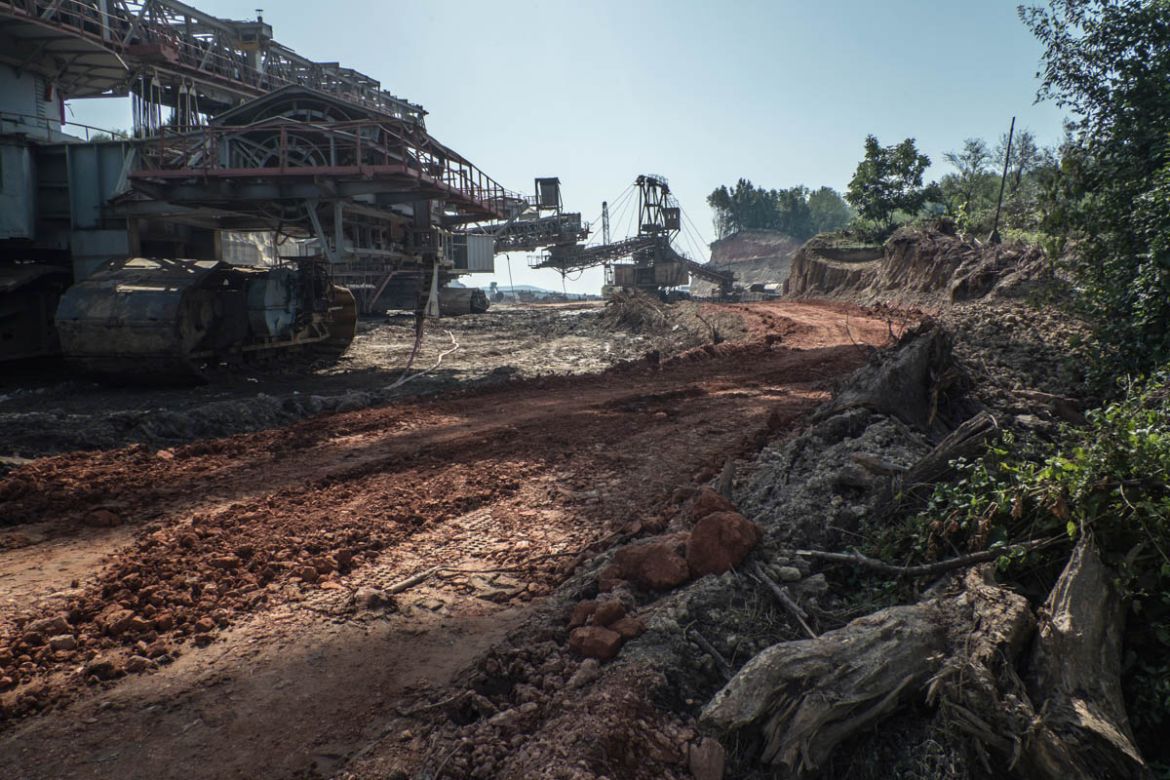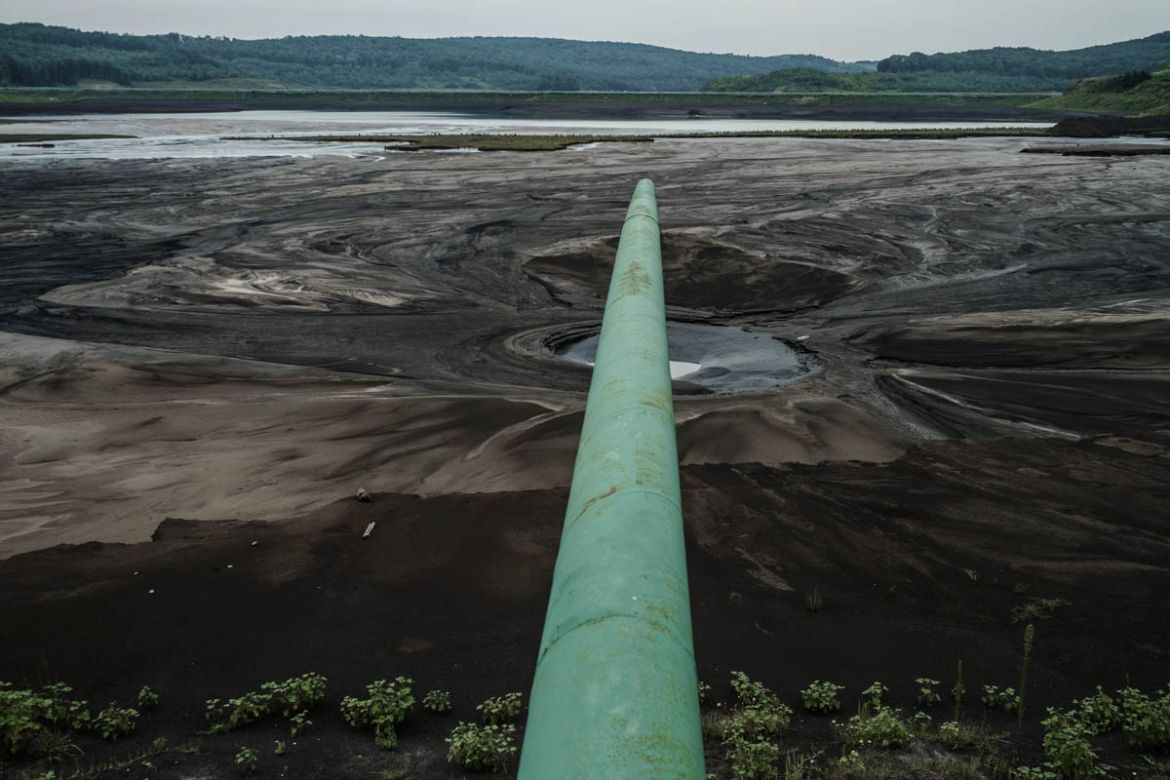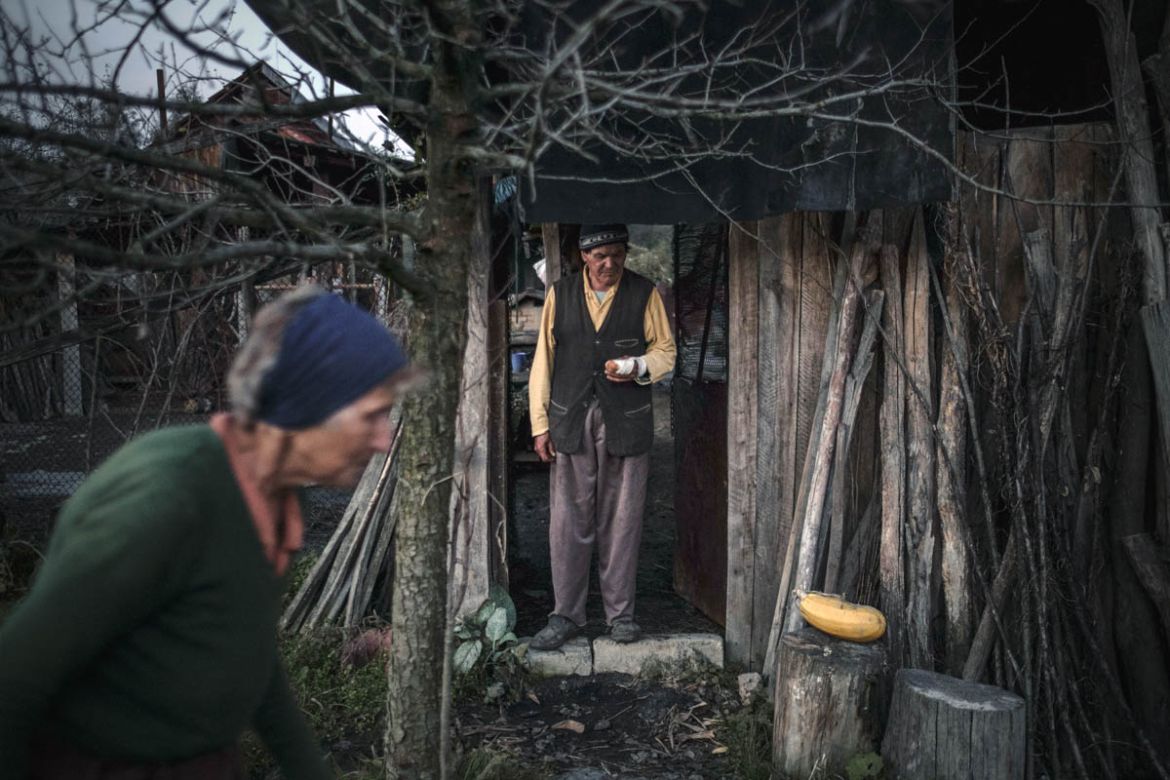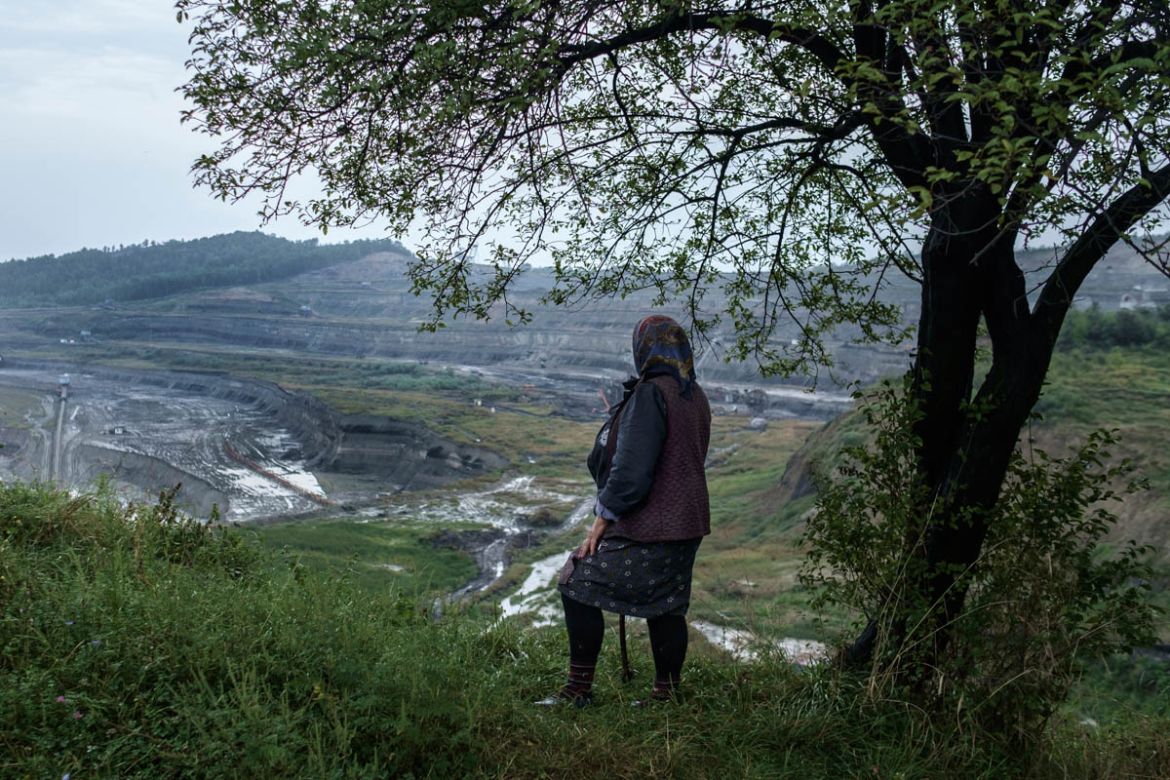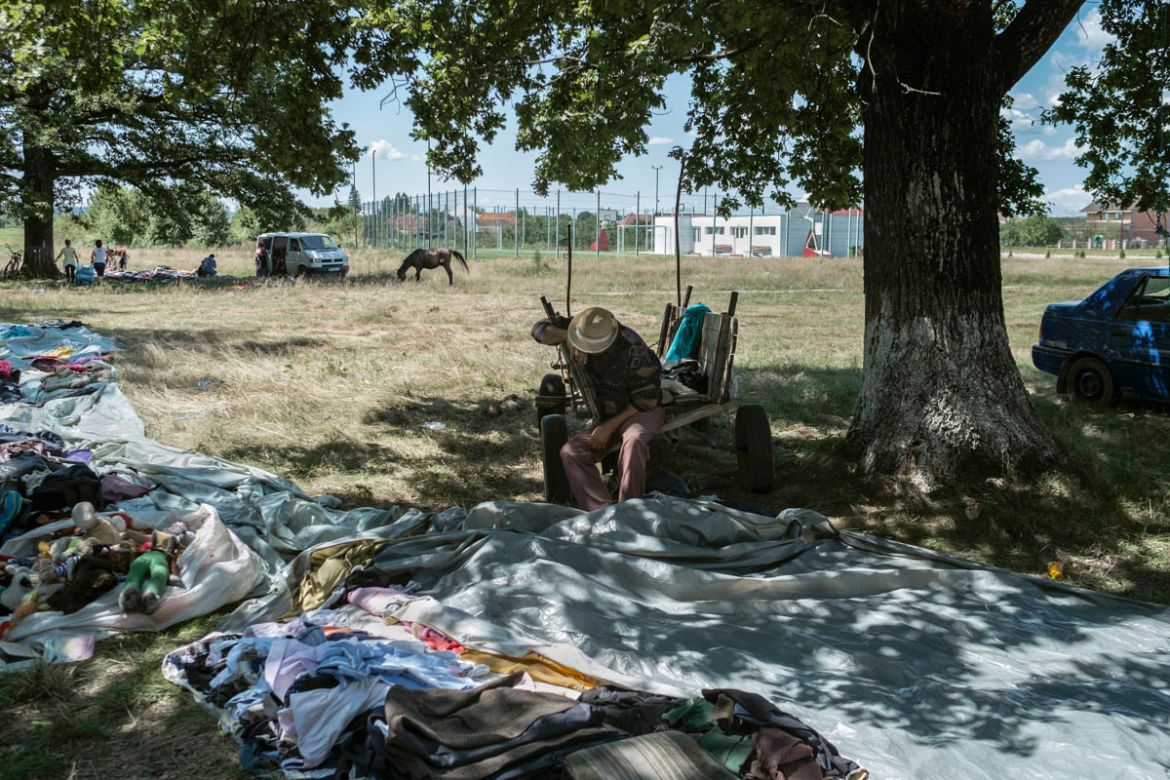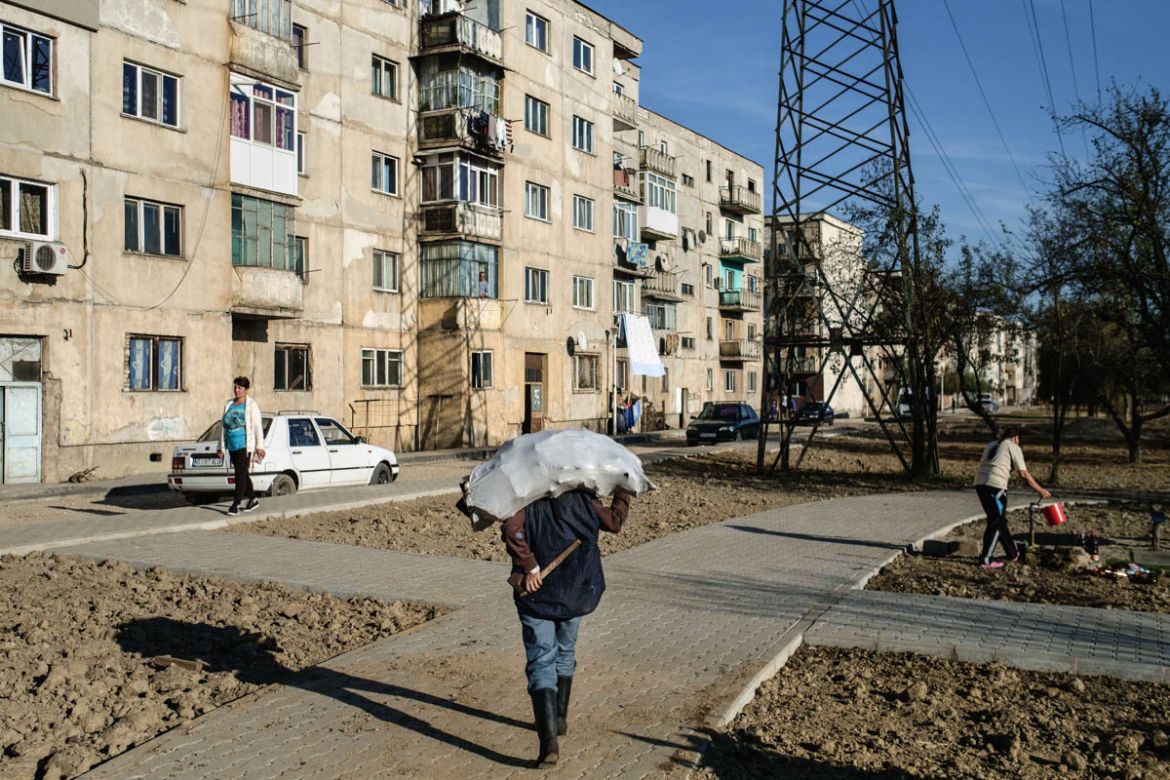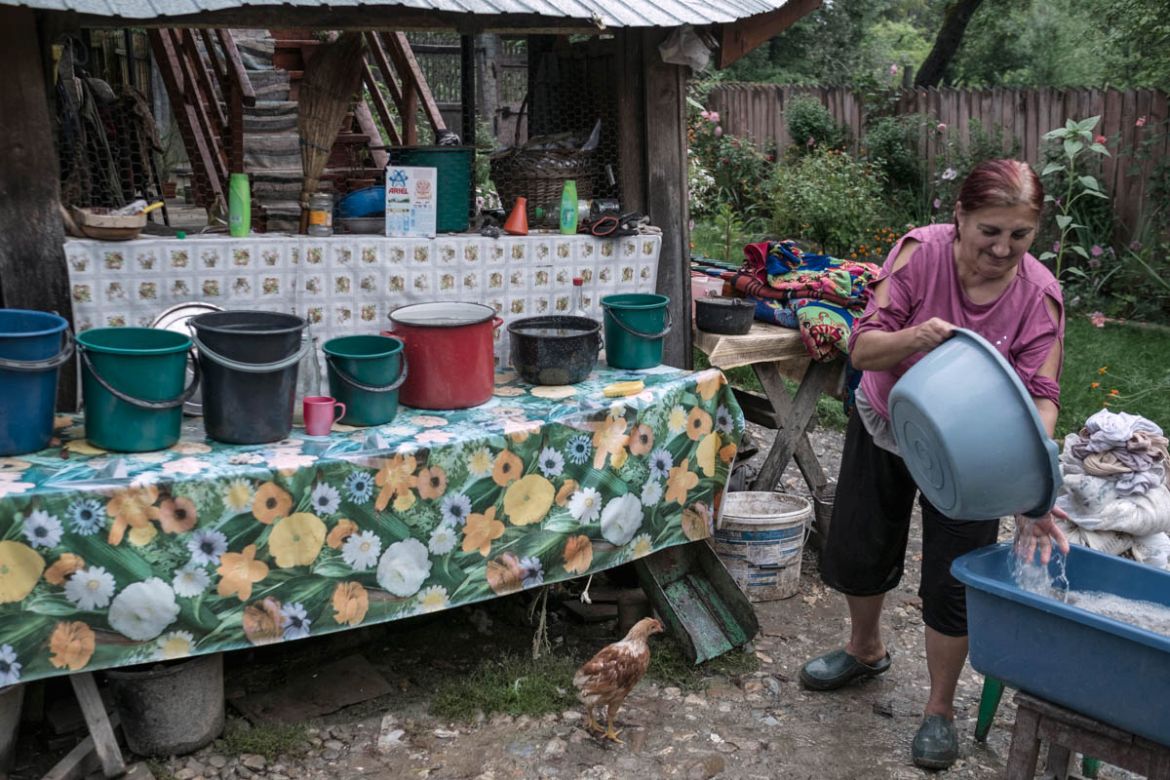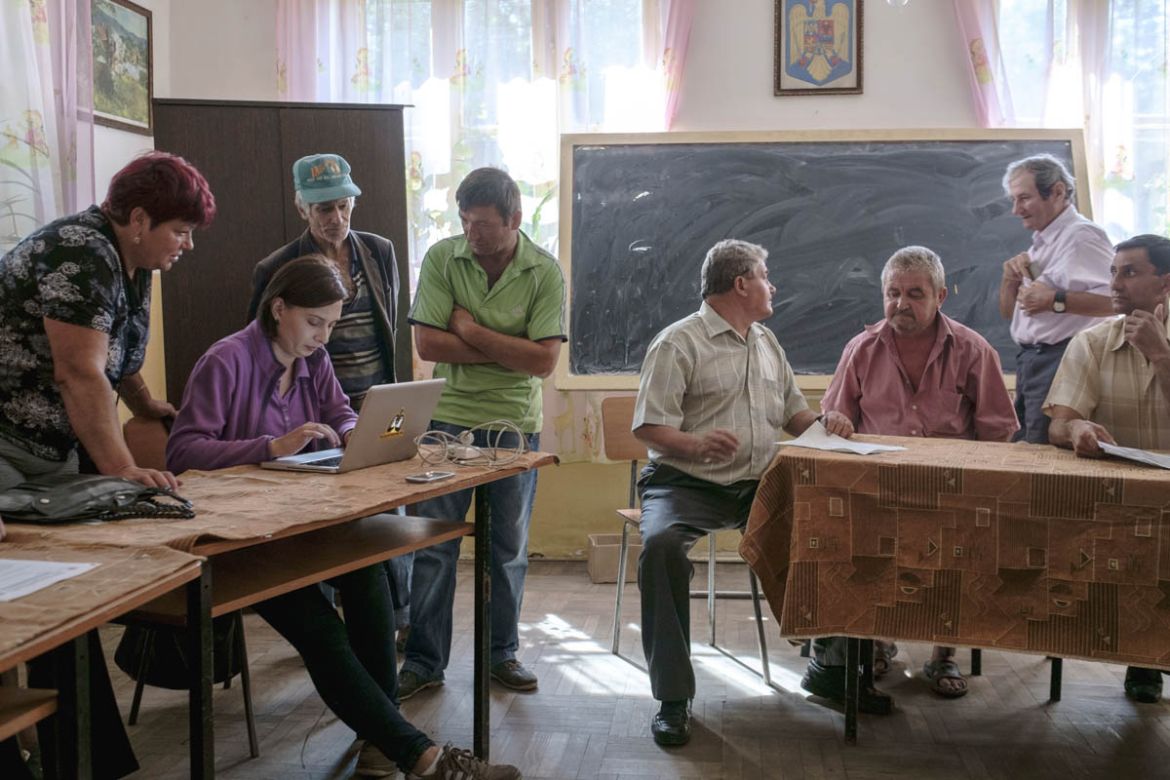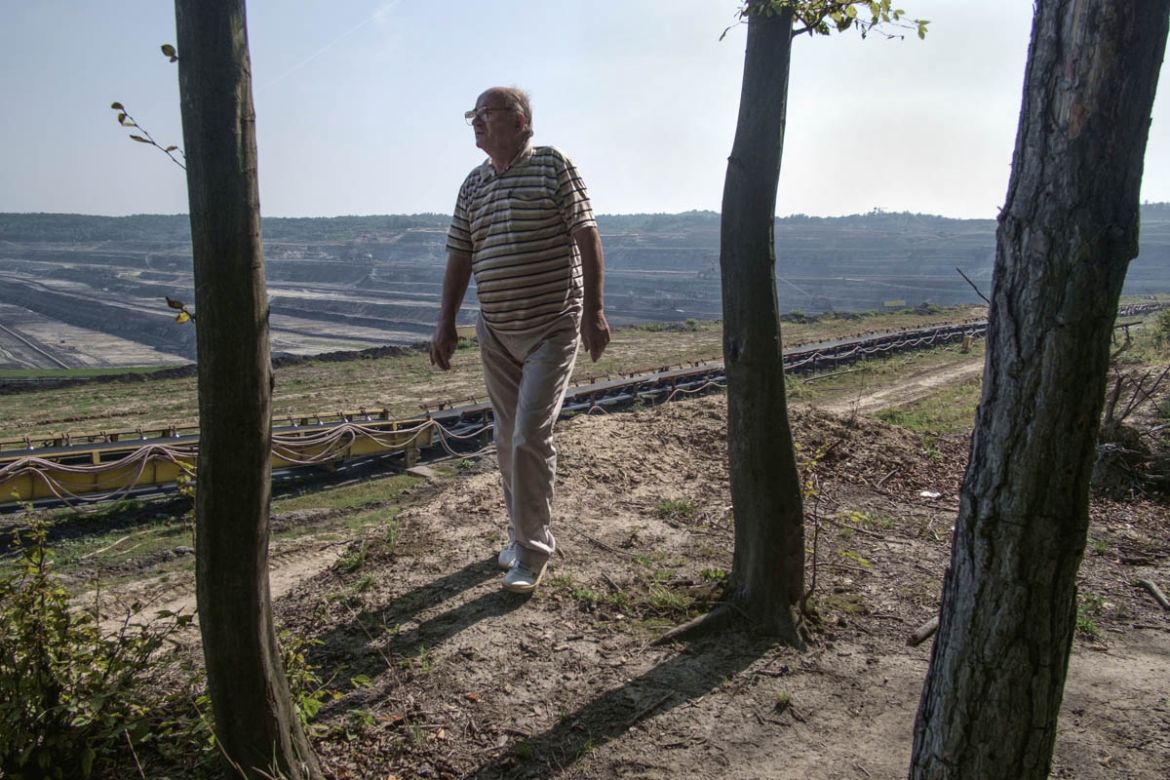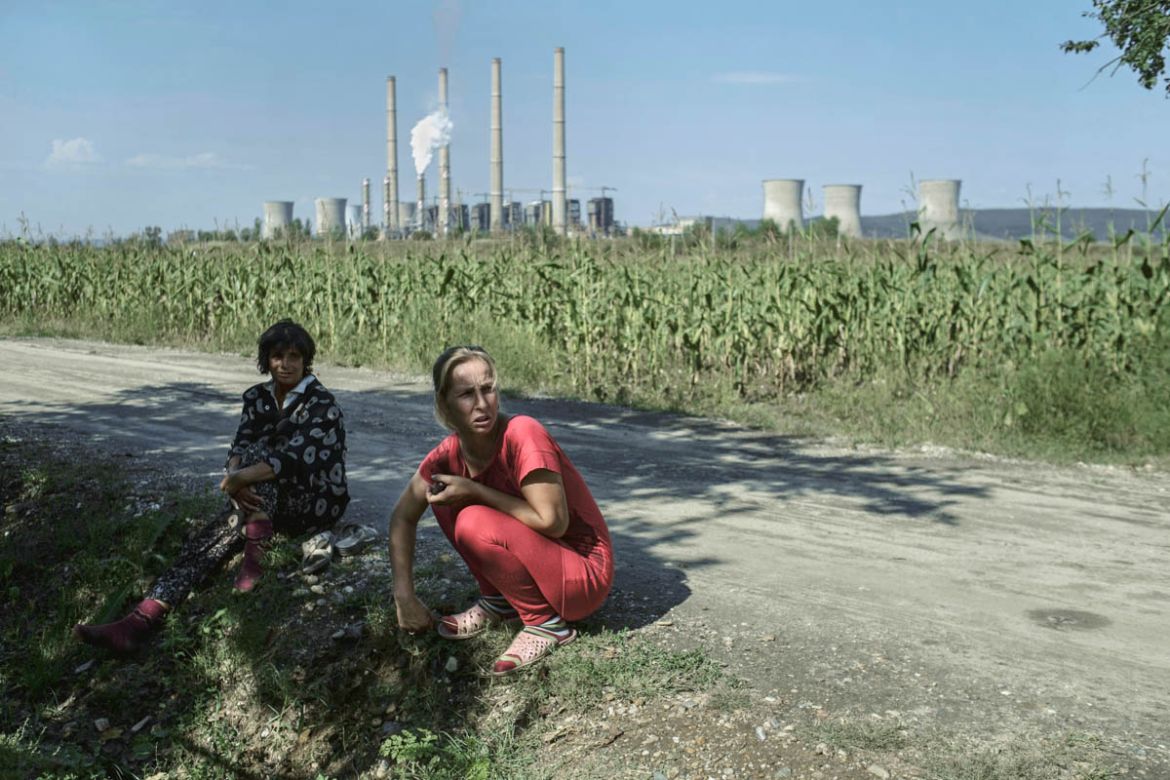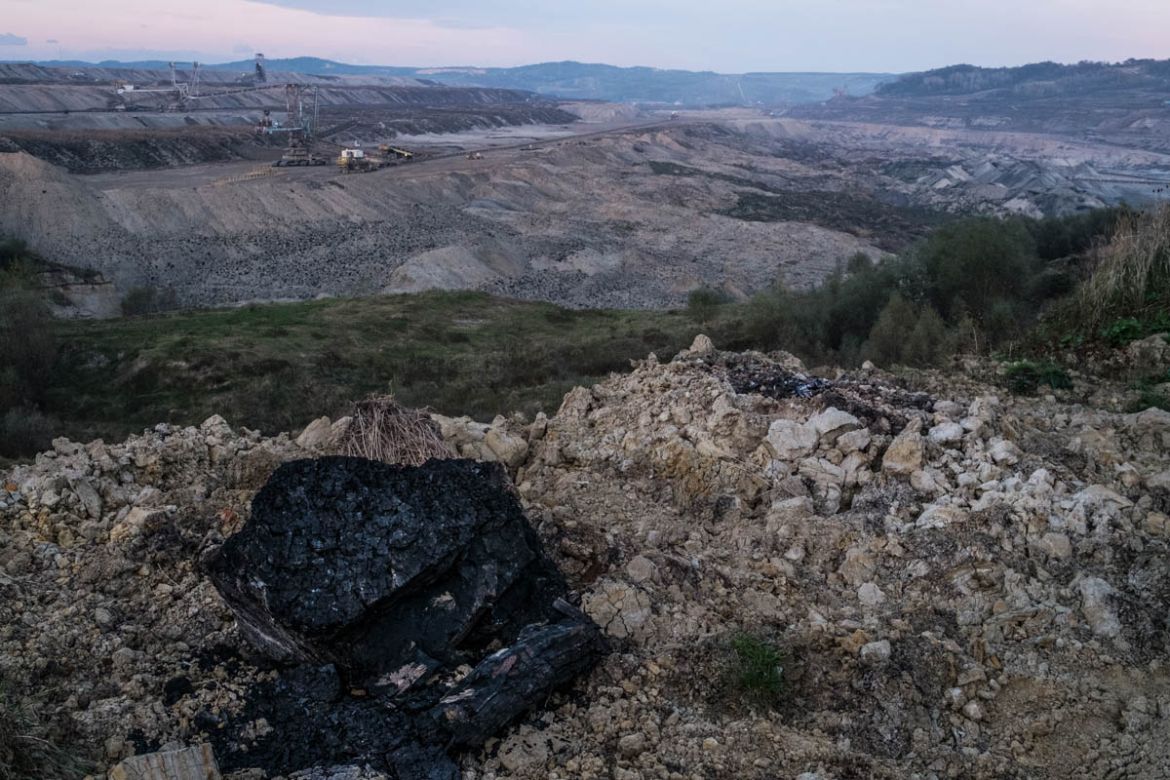In Pictures
The hidden costs of coal in Romania
Biggest coal company wants more time to implement EU pollution standards as pressure for energy transition grows.

After signing up to the 2015 Paris Agreement – aimed at limiting the impact of climate change – European countries began announcing end dates for their coal industries, one of the main sources of CO2 emissions.
But in Eastern Europe, the situation is different, with countries there saying they want to keep burning coal for decades, insisting they are too poor to transition fast to other sources of energy.
Romania, however, boasts a diverse energy mix. The country produces about a quarter of its energy from coal, compared with almost a third from hydro and 15 percent from other renewables.
Coal producers argue that, regardless of the mix, the carbon-rich material is crucial for ensuring the stability of the energy system.
Producers also say coal is much cheaper than gas and nuclear power, the other stable energy sources.
Romania’s coal equipment is old, and European Union pollution standards mean huge investments are necessary to ensure the plants keep working.
“Between 2009 and 2015, we spent €1bn ($1.2bn) to implement the European standards required by 2016, only to have an unpleasant surprise this autumn and discover more new standards will be put in place,” said Sorin Boza, director for Complexul Energetic Oltenia (CEO), the biggest coal company.
Boza wants Romania to ask the EU for a postponement in implementing the newest standards – an allowance to keep polluting for longer.
Coal’s hidden costs
According to data from the NGO coalition Beyond Coal, Europe-wide coal pollution is responsible for 19,500 premature deaths, 458,000 asthma attacks in children and almost 6 million lost working days annually.
In Romania alone, according to the same data, coal was responsible for over 1,000 premature deaths in 2015. More than half were estimated to be because of CEO alone.
Beyond Coal further estimated that coal pollution in Romania was responsible for 520 cases of chronic bronchitis, 800 hospital admissions, 26,000 cases of asthma attacks in children, and 267,000 lost working days, amounting to an estimated 2bn euro burden to the economy.
The negative impacts of coal mining on the environment – destruction of local ecosystems and agricultural land; underground and overground water pollution; contamination of land and dust pollution – have been widely documented by Greenpeace and other organisations.
“In Gorj, most CEO mines are very close to one another. When 1,000 hectares are dug out instead of 100, the water resources, for example, are affected tenfold,’ says Alexandru Mustata from environmental group Bankwatch Romania.
“Several villages are already left without drinking water, while the habitats are also affected. Post-closure works are limited to planting willows, so the previous species cannot return.”
The Romanian energy ministry, “upon consulting with CEO”, denied most of the claims against the company.
In a written response, the ministry said CEO’s mining operations are fully in line with the national legislation and the company pays “very big annual contributions” to the national budget, including approximately €800,000 annually in the form of environmental tax and another €130m through purchase of CO2 certificates.
Fair compensations
The energy ministry further said CEO negotiated fair compensations with each” expropriated inhabitant of Runcurel, that levels of sound around the mines are admissable, that the company does not use more water than allowed by law, that investments CEO made have led to improving air quality, that it planted more forest than it cut; that the Turceni leak was caused by locals but CEO did repair work anyway; and that landslides are natural”.
According to the ministry, coal mining is not toxic and “at the same time, the long-term negative impact of ‘green energy’ on local ecosytems and human health is well known”.
Incidentally, even though the coal industry’s problems have been known for many years, not one of Romania’s recent governments has seriously considered the idea of phasing out coal.
“Beyond the variations in the party politics layer on top, there’s a very powerful layer below made up of those who are really in charge of the energy system, people from the energy companies, administration, some union leadership,” said Corina Murafa, an energy expert formerly with the World Bank.
“And they have a fetish with coal as the backbone of the energy system.”
